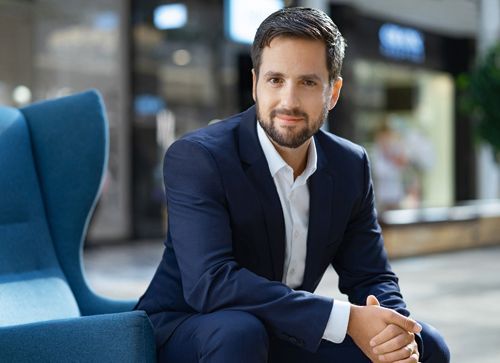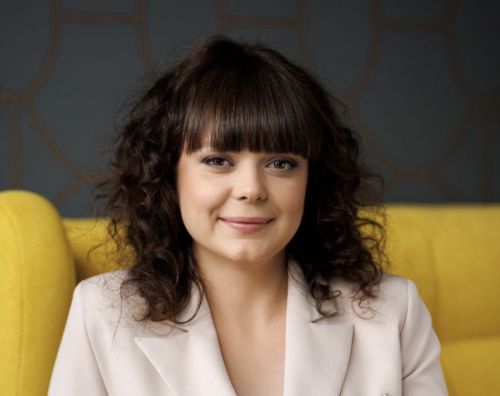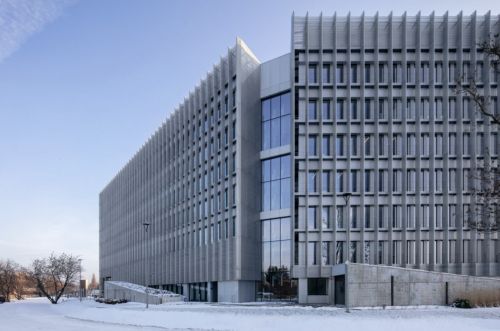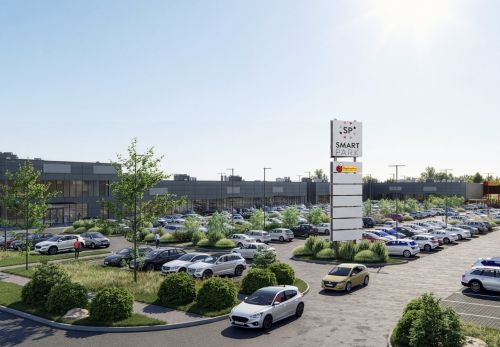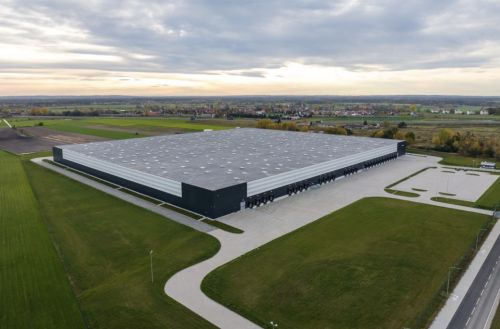Aneta Cichla, Alex Hayes, ‘Eurobuild Central & Eastern Europe’: At the beginning of the year you announced you were pulling out of Hungary and Romania
Liad Barzilai, CEO, Atrium European Real Estate: Our strategy is to focus on growing and stable economies. We decided Poland and the Czech Republic were the main markets we wanted to focus and concentrate on, further developing Atrium’s presence there. We exited Hungary because we could not create a portfolio of the quality that we wanted in Budapest. In Romania we owned one asset and concluded that we could not create the economies of scale to make it really worthwhile. This all ties into our strategy of where we as Atrium want to be. Looking at our risk return, we want to ensure Atrium has long term sustainable growing cash flows and for that we need long-term quality assets in quality locations.
You said you had difficulty building up your portfolio...
LB: Our decision was to acquire standing assets in urbanis
